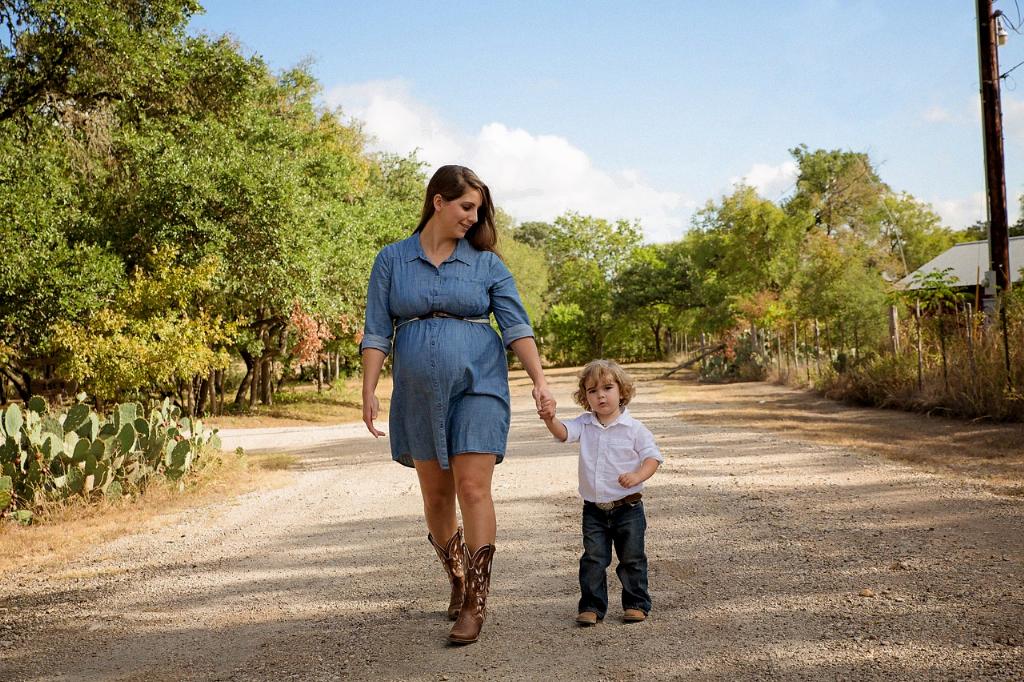When it comes to using medications during pregnancy, it’s crucial to consider how they can impact both the mother and the developing fetus. Fluoxetine, commonly known by its brand name Prozac, is a medication that falls under the category of selective serotonin reuptake inhibitors (SSRIs). These drugs are primarily used to treat depression, anxiety disorders, and other mental health conditions.
US FDA Classification
Fluoxetine is classified by the United States Food and Drug Administration (FDA) as a pregnancy category C medication. This classification indicates that while animal studies have shown adverse effects on the fetus, there isn’t enough data from well-controlled studies in humans to determine the exact risks. However, it’s important to note that potential benefits of using the drug in pregnant women may outweigh these potential risks.
Potential Risks
Studies have suggested that using fluoxetine during pregnancy could be associated with certain risks to the developing fetus. These risks may include, but are not limited to, low birth weight, premature birth, respiratory distress, and neonatal withdrawal symptoms. It’s essential for healthcare providers to weigh these risks against the potential benefits of treating the mother’s mental health condition.
Consulting Healthcare Providers
Pregnant women who are considering taking fluoxetine or any other medication should always consult with their healthcare providers. These professionals can provide personalized guidance based on the individual’s medical history and current health status. Together, they can make an informed decision about the potential risks and benefits of using fluoxetine during pregnancy.
Risk-Benefit Analysis
When evaluating the use of fluoxetine during pregnancy, it’s essential to conduct a thorough risk-benefit analysis. This process involves weighing the potential risks to the fetus against the benefits of treating the mother’s mental health condition. In some cases, the benefits of maintaining the mother’s mental well-being may outweigh the potential risks to the fetus.
Monitoring and Follow-Up
For pregnant women who are prescribed fluoxetine, close monitoring and follow-up care are essential. Healthcare providers may recommend regular check-ups and prenatal screenings to assess the well-being of both the mother and the developing fetus. This proactive approach can help detect any potential issues early on and optimize care.
Alternative Treatment Options
In some cases, healthcare providers may explore alternative treatment options for pregnant women with mental health conditions. These options may include therapy, counseling, lifestyle modifications, and other non-pharmacological interventions. It’s important to discuss all available choices and make an informed decision based on individual needs.
Educating Patients
Healthcare providers play a critical role in educating pregnant women about the potential risks and benefits of using fluoxetine during pregnancy. It’s important for patients to have a clear understanding of how the medication may impact both their own health and the well-being of their unborn child. This knowledge empowers individuals to make confident decisions about their healthcare.
Support and Resources
Pregnancy can be a challenging time, especially for women dealing with mental health conditions. It’s essential for pregnant individuals to seek support from loved ones, healthcare providers, and mental health professionals. Accessing resources such as support groups, hotlines, and online forums can also provide valuable guidance and reassurance.
Final Thoughts
In conclusion, fluoxetine is classified as a pregnancy category C medication, indicating potential risks to the fetus based on animal studies. Pregnant women considering the use of fluoxetine should engage in open and honest discussions with their healthcare providers to weigh the risks and benefits. By making well-informed decisions and receiving appropriate support, individuals can prioritize both their own mental health and the safety of their developing child during pregnancy.

